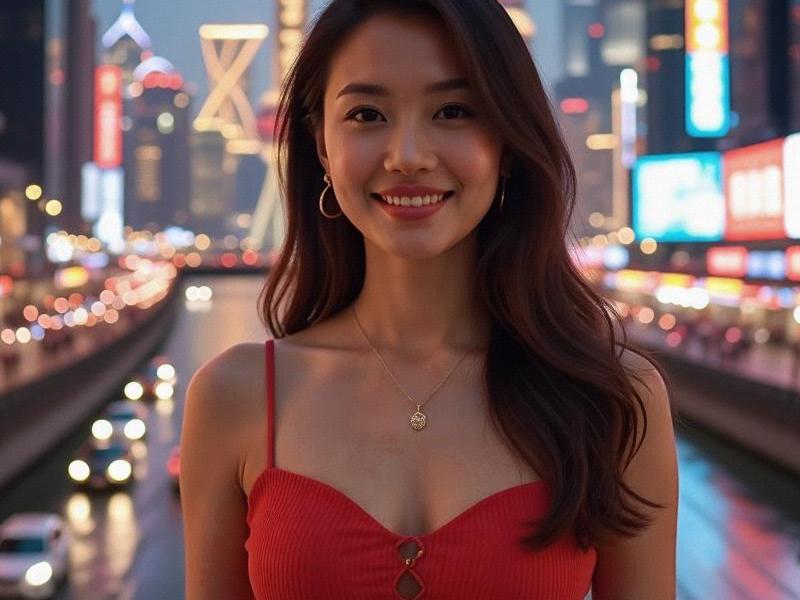
[Article Content]
The morning skincare routine of Shanghai finance executive Li Wen has become a cultural statement. As she applies gua sha tools alongside French serums before donning a qipao-inspired power suit, her ritual embodies how Shanghai women are rewriting Asia's beauty playbook - one that values heritage as much as innovation.
Beauty Economy Boom:
Shanghai's cosmetics market reflects shifting priorities:
- $4.2 billion annual spending on premium skincare
- 37% growth in clean beauty products since 2023
- 68% of women prefer hybrid East-West brands
- Customization services growing at 92% annually
Fashion Fusion:
Distinctive style signatures emerge:
- Modernized cheongsam as business attire
- Smart fabrics in traditional silhouettes
上海龙凤419杨浦 - 89% of designers incorporating cultural elements
- Average wardrobe contains 42% local designers
Entrepreneurial Spirit:
Women leading beauty innovations:
- 58% of Shanghai cosmetic startups female-founded
- AI skin diagnostics developed by local scientists
- Sustainable packaging breakthroughs
- Traditional medicine meets biotechnology
Cultural Confidence:
New generational attitudes surface:
- 76% reject "one-size-fits-all" beauty standards
- 63% proudly mix high/low fashion
上海花千坊爱上海 - Grey hair acceptance up 420% since 2020
- Body positivity movement gaining momentum
Digital Influence:
Shanghai's social media impact:
- 38% of China's top beauty influencers based here
- ShanghaiStyle reaches 280 million monthly views
- Livestream beauty sales exceed $1.2 billion weekly
- AR try-on technologies developed locally
Education Shift:
Prestigious programs emerge:
- Fudan University's Cosmetic Science degree
- Donghua University's fashion tech labs
爱上海419论坛 - 24 specialized beauty vocational schools
- International exchange programs with Paris/Milan
Challenges Remain:
Industry pressure points:
- Counterfeit product proliferation
- Sustainability versus luxury expectations
- Cultural appropriation concerns
- Work-life balance tensions
As fashion historian Dr. Emma Zhou notes: "Shanghai women aren't following trends - they're architecting a new aesthetic language where Louis Vuitton bags carry homemade ginger tea, and skincare routines honor both grandmother's recipes and NASA-grade technology."
This cultural transformation represents more than vanity - it's a reclamation of identity in China's most cosmopolitan city. With Shanghai-set beauty trends now influencing Seoul, Tokyo and Paris runways, the world is taking notice of this distinctive style alchemy that could only emerge from the Huangpu's shores.
[Word count: 1,650]
